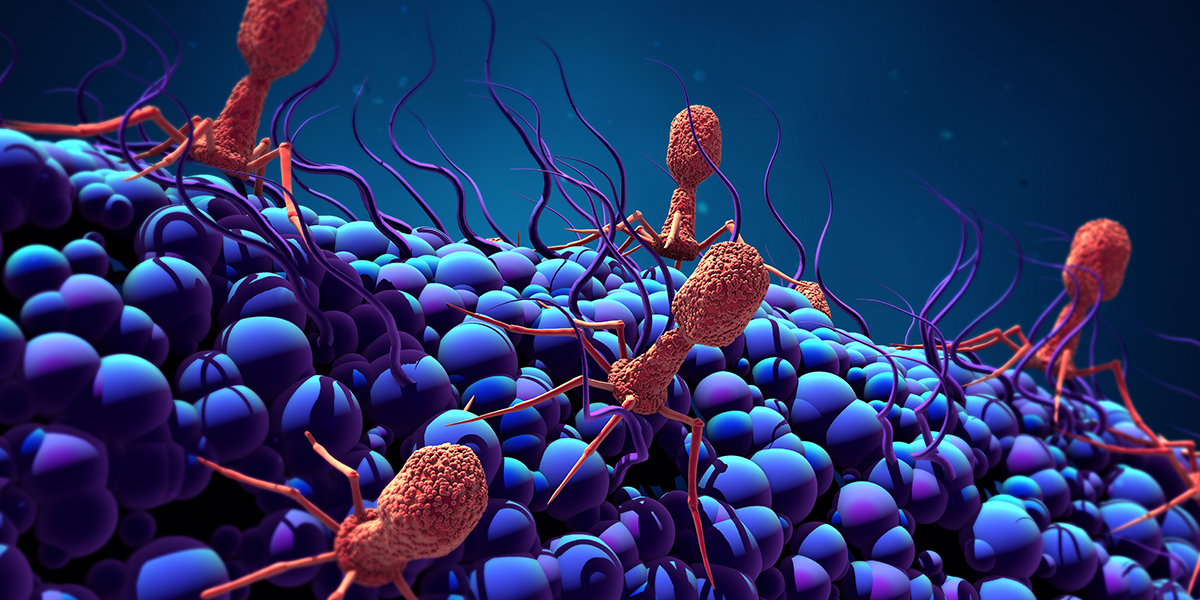Want the chance to do RESEARCH as an undergrad and discover new bacteriophages?
As an ACM PhageHunter, you have the opportunity to become involved in a project that:
- Allows you to discover a previously undiscovered bacteriophage and to name it
- Teaches you techniques such as micropipetting, aseptic techniques, and DNA isolation
- Identifies genes in DNA sequences using bioinformatics
- Gives you the chance to co-author a scientific publication in a national genetic database
This program is a research experience aimed at undergraduates who are interested in
participating in a beginner research project. Through the SEA-PHAGES program curriculum
from the Howard Hughes Medical Institute (HHMI), you, as a student, along with other
students from over 100 colleges internationally, will contribute to the discovery
of new viruses that specifically target bacteria. You will have the chance to gain
valuable research experience that most community college students do not have the
opportunity to obtain, especially as a first year student.
In the Fall semester, you will isolate bacteriophages from locally-collected environmental
samples, which will then be purified and characterized. The extracted DNA from these
samples will then be used for further analysis. By the end of the first semester,
you will have selected phages for DNA sequencing.
In the Spring semester, you will employ bioinformatics methods to interpret the
isolated DNA sequence collected from your bacteriophage. After quality control checks
to ensure the right techniques are being utilized to purify the DNA, the phage’s analyzed
sequence will be submitted to the National Center for Biotechnology Information GenBank
database (https://www.ncbi.nlm.nih.gov/). If the phage is one that has yet to be discovered
and is new to the database, YOU get to choose what that phage will be named.
At the end of the school year, one student and a faculty member from ACM will present
their work at the annual National SEA-PHAGES Symposium, which is a student-centered
scientific meeting with other SEA-PHAGE colleagues. Students will also have the opportunity
to present their results at the annual Maryland STEM Conference.
This program is listed under General Biology 101 in the Fall and General Biology 102
in the Spring. If you already have your General Biology credits, including Early College,
and you still want to be a part of the research, you can sign up for this program
under Biology 299/Special Problems for 1 credit and still get the research experience
of the lab.






